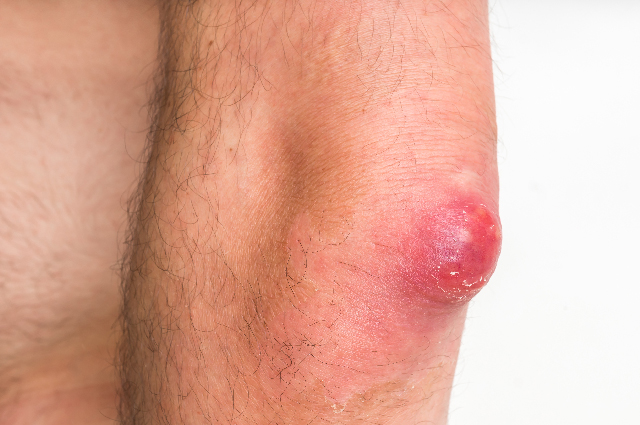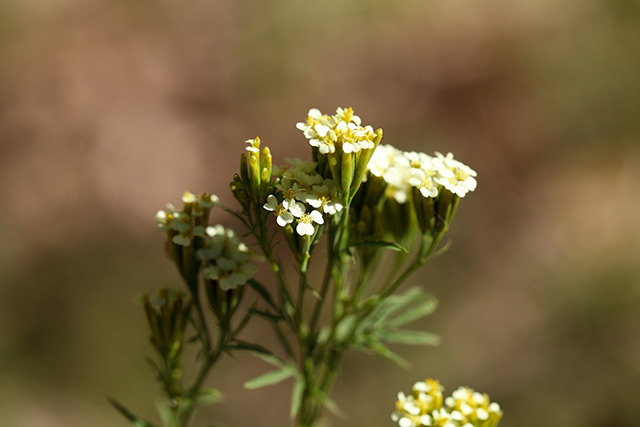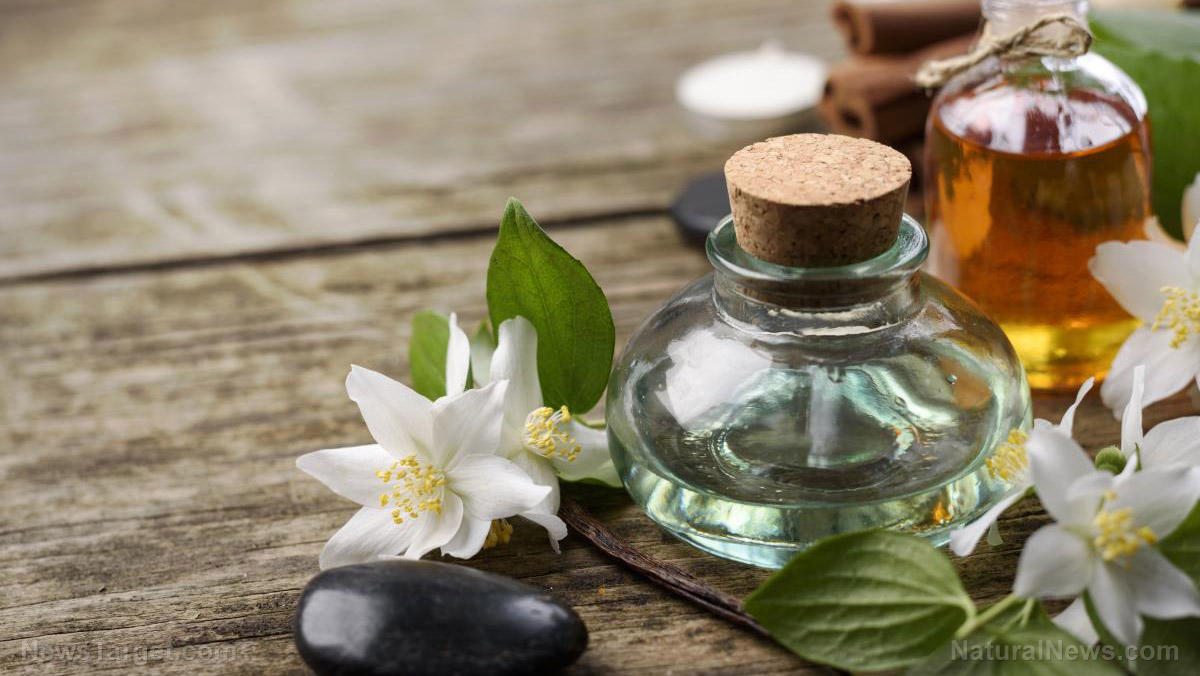Innovative new antimicrobial adhesive uses essential oils to reduce bacterial infection risk in Europe’s hospitals
02/28/2018 / By Edsel Cook

A group of European researchers will be harnessing the natural antibacterial properties of essential oils. Their goal is to create an adhesive antimicrobial film that could prevent deadly infections in hospitals, reported an Alpha Galileo article.
Their efforts are part of the “Antimicrobial FLEXibal POLymers for its use in hospital environments” (FLEXPOL project), which is funded by the European Commission and supported by 10 partners from five different nations.
Statistics show that more than 500,000 people get infected each year while visiting hospitals. Most of these infections take place in non-sterilized transit areas such as corridors, rooms and toilets.
Given the nature and purposes of hospitals, patients, visitors and staff are always at risk of contracting potentially fatal bacterial infections. The FLEXPOL project intends to counter this threat by developing a pilot line for cost-efficient antimicrobial films.
The adhesive FLEXPOL film will use transparent polypropylene plastic as a base material. The surface of the film will feature a combination of tiny structures and capsules containing essential oil emulsions.
The microstructures and nanostructures are designed to inflict lethal mechanical damage upon the cell membranes of pathogens that touch them. The capsules will complement the mechanical action by releasing essential oils that impair the growth of microbes.
This one-two punch is expected to outright kill several types of pathogens. The FLEXPOL film is also expected to hinder the spread of bacteria across its inhospitable surface by up to 99 percent.
The antimicrobial film is projected to bring strategic benefits to its end users. By protecting the health of patients and medical staff alike, hospitals can reduce the need for chemical detergents and disinfectants, which saves money and reduces the environmental footprint. (Related: Natural antiseptics to fight infections in a SHTF scenario.)
Spanish university uses local plants for essential oils
The University of Alicante (UA) is one of the academic institutions committed to the FLEXPOL project. Its Research Group in Polymer and Nanomaterial Analysis (NANOBIOPOL) works alongside their British, German, Italian, Portuguese and other Spanish counterparts to develop various parts of the FLEXPOL antimicrobial film.
The UA research team was inspired by the infection-fighting properties displayed by essential oils such as oregano. (Related: Essential Oils Offer Many Health Benefits.)
Gathering thyme, oregano and other plants that grew near the university, NANOBIOPOL researchers extracted the appropriate oils and encapsulated them to serve as the film’s active bactericidal agents.
“Our main role is to develop the polypropylene film with the antimicrobial essential oils in the laboratory,” said UA researcher Alfonso Jiménez. “These oils are extracted from natural plants such as thyme or rosemary, which can be found near Alicante and are integrated in the basic material of the film.”
Testing FLEXPOL
To achieve the greatest reduction in infection rates, FLEXPOL will be applied to both large and small surfaces. The former includes floors and walls, while the latter includes beds, doorknobs and tables that often host large concentrations of bacteria and see common handling by people.
FLEXPOL project partner Donostia University Hospital (DUH) in San Sebastian, Spain will handle practical tests for the antimicrobial film. Testers will grade the product for toughness, effectiveness and resistance to bacterial infection in an actual medical environment. They will also observe how well FLEXPOL meshes with the cleaning and disinfection protocols at DUH.
A successful test will lead to eventual mass-production and deployment of FLEXPOL in hospitals across Europe, with the intention of reducing the number of people who get infected by microbes.
The three-year FLEXPOL project first took off in January 2017. The European Union will be allocating €5.17 million of funding to the medical project.
Want to know more about the beneficial effects of essential oils? Look up EssentialOils.news.
Sources include:
Tagged Under: Antimicrobial, antimicrobial film, bacterial infections, Chemistry, discoveries, essential oils, European Commission, FLEXPOL, Hospitals, infections, oregano, Rosemary, thyme



















